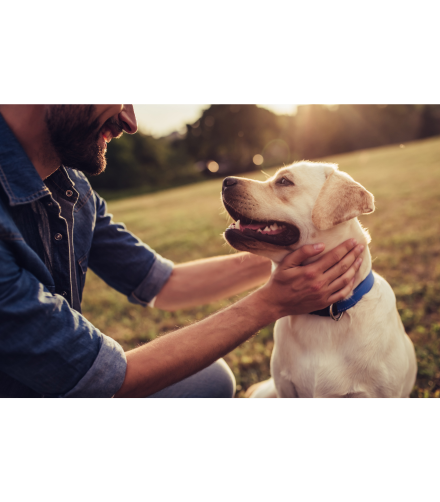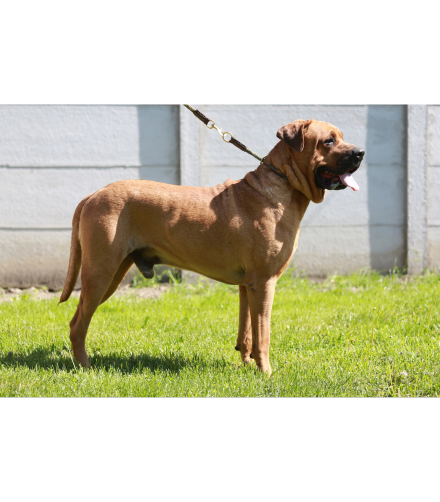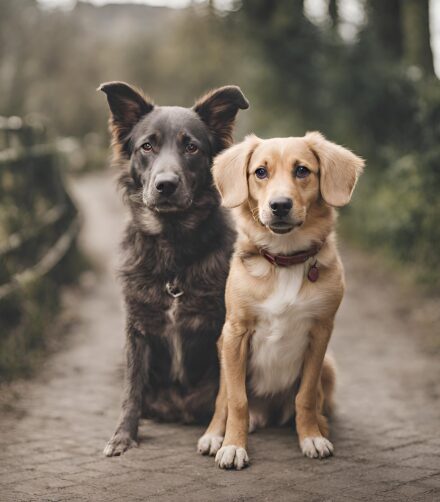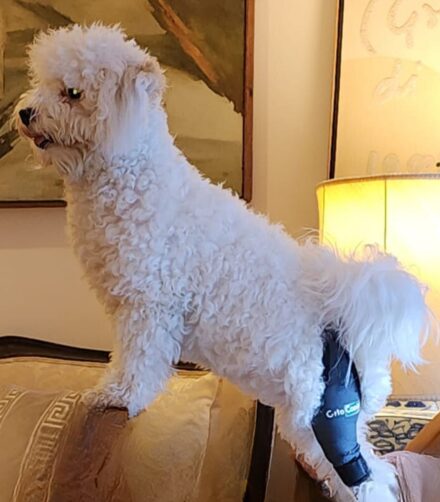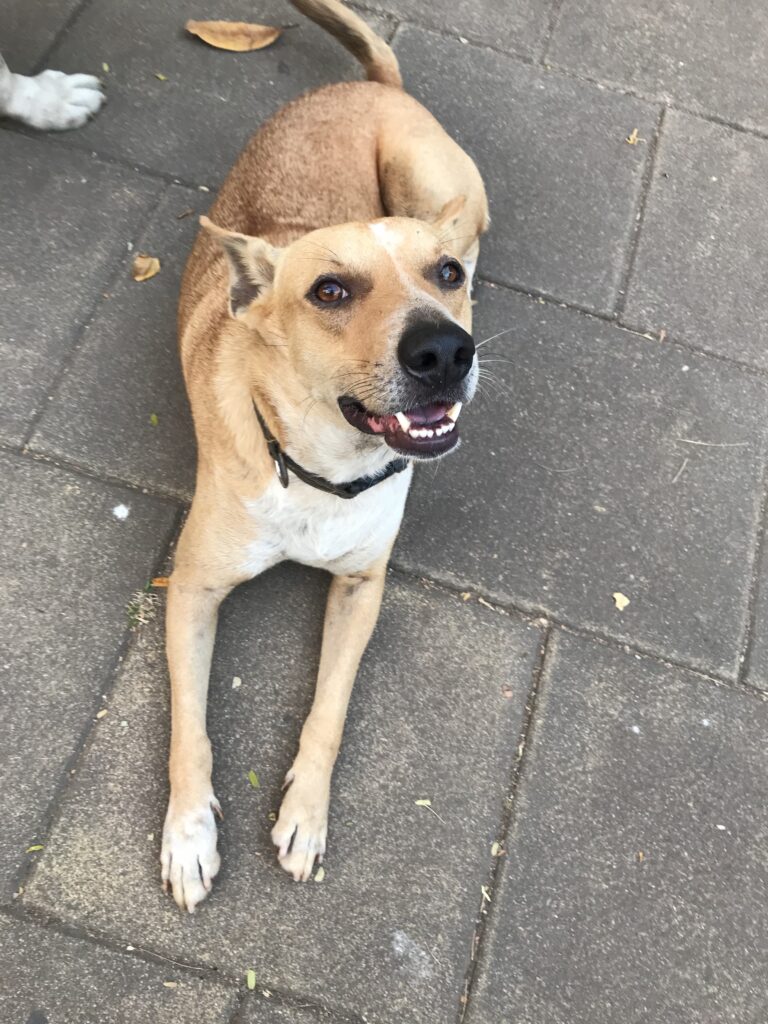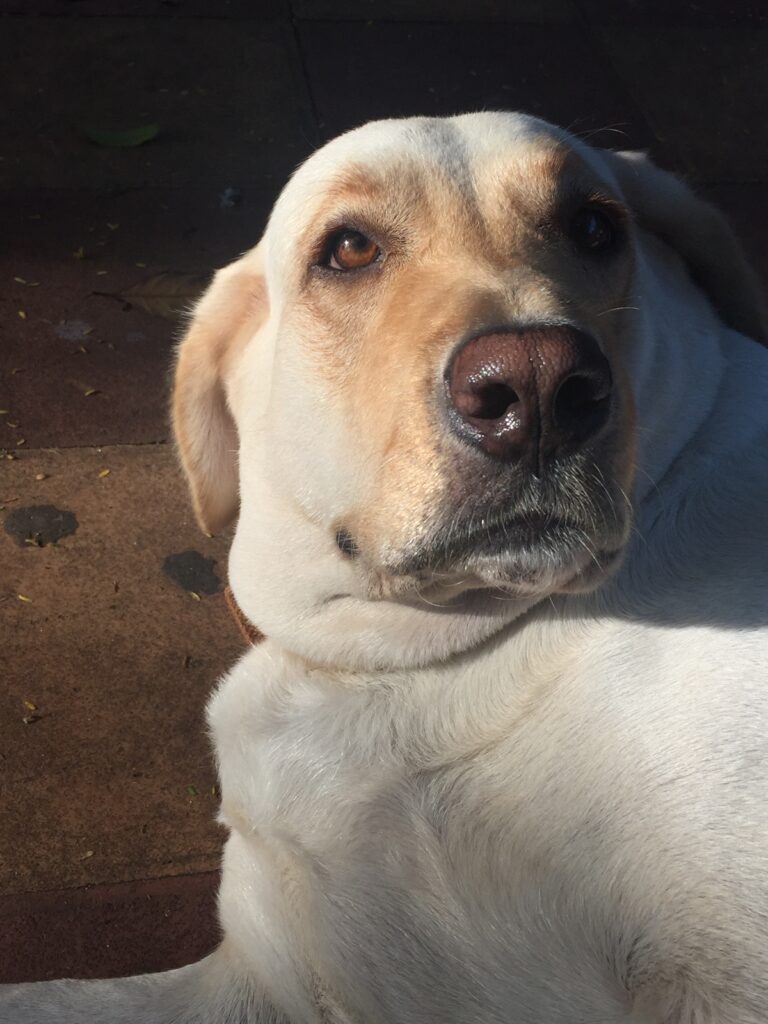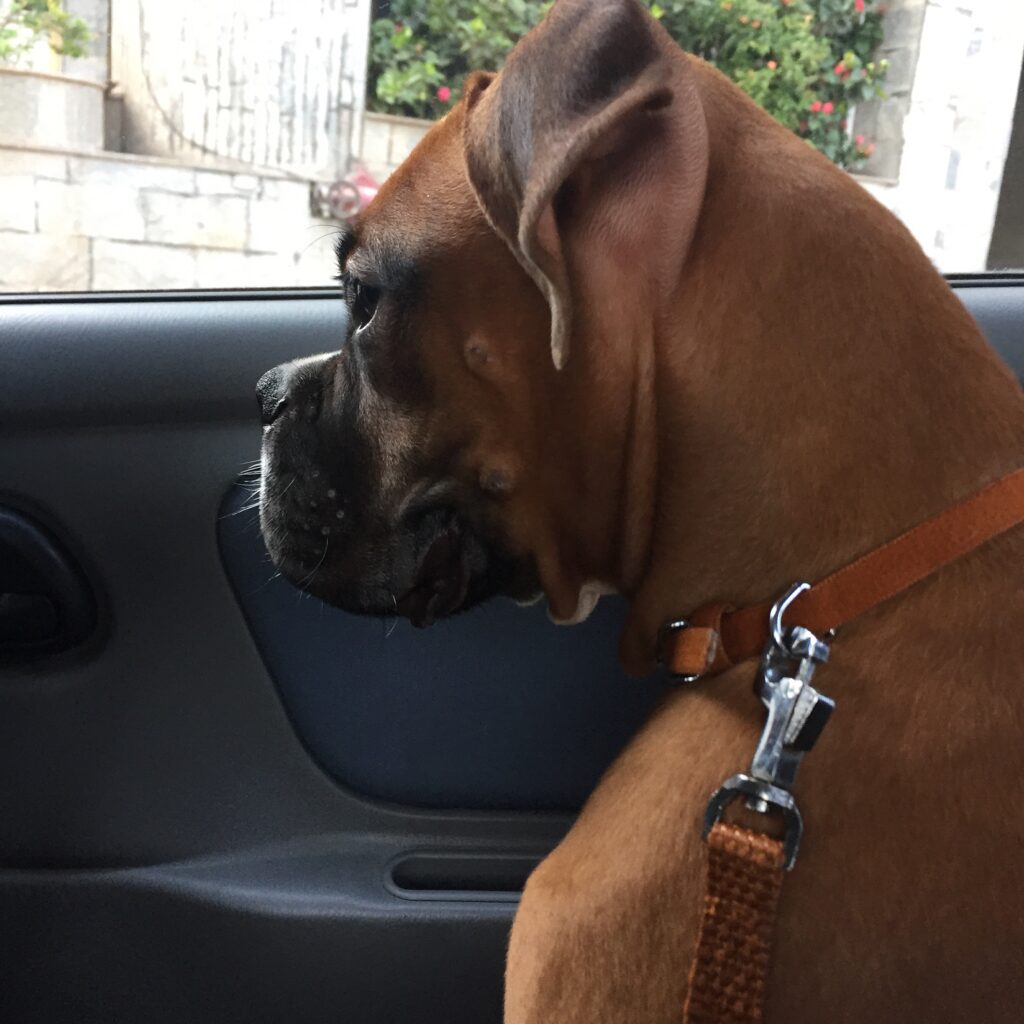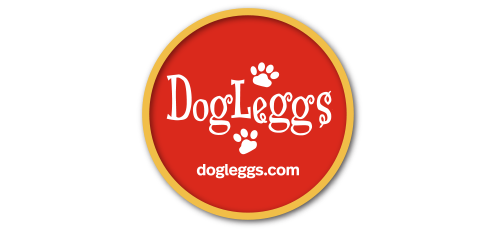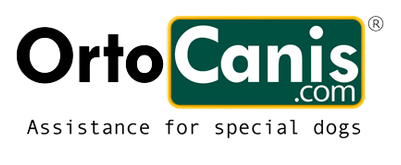Should You Give Your Anxious Dog Medications?
Anxiety is characterized as a state of nervousness or uneasiness. It is frequently associated with a specific event or an unknown outcome of that event.
When you think about anxiety, you might think of people who need counselling and anti-anxiety medication. But did you know that anxiety doesn’t just affect humans?
It can have a negative impact on puppies as well.
Anxiety in dogs is becoming more of a concern, which pet owners are becoming more aware of. Anxious dogs, like anxious people, require assistance in managing their anxiety.
While almost anything can cause a dog to get anxious, thunderstorms and fireworks are two major causes of canine anxiety. If your dog is worried, you should look into ways for helping your pooch calm down.
Below we will cover all you need to know about dog anxiety, including the safest anxiety medications for dogs.

What are the most common triggers for dog anxiety?
Dog anxiety can be caused by a number of factors, according to the Merck Veterinary Manual. The following are some of the most common reasons of dog anxiety:
- Fear-related anxiety:
Loud noises, strange people or animals, visual stimuli such as hats or umbrellas, new or strange locations, specific events, like the vet’s office or car rides can all produce fear-related anxiety. Although some dogs may just have brief reactions to these types of stimuli, they may have a greater impact on anxious canines.
- Separation anxiety:
Separation anxiety is believed to affect about 14% of dogs. When dogs with separation anxiety are left alone or separated from their family members, they are unable to seek comfort.
- Age-related anxiety:
Age-related anxiety affects older dogs and is linked to cognitive dysfunction syndrome (CDS). Memory, learning, perception, and awareness begin to diminish in dogs with CDS, equivalent to the early stages of Alzheimer’s disease in humans. Senior dogs are often highly confused and anxiety is a result of this.
Understanding Your Dog – Dog Anxiety Symptoms
No one on the planet understands a dog better than its owner. You can tell when they’re unwell and when something isn’t quite right.
Recognizing a dog’s abnormal psychological problems is equally as crucial as understanding their physical symptoms. Anxiety in a dog can be severe enough to affect the pet’s overall well-being.
Side effects of dog anxiety can include:
- Circling and pacing
- Compulsive behaviors such as excessive chewing or licking at either a toy or their own limb or paw, which can create lick granulomas
- Hiding
- Aggression derived from fear
- Inappropriate urination and defecation
- Drooling and panting
- Restlessness
- Destructive behaviors
Some of these symptoms may be the result of occasional anxiety-causing events, but any of them might become recurring and hence lead to more serious problems.

Will My Dog’s Anxiety Cause Behaviour Issues?
Dog anxiety can lead to behavior problems in a dog if not treated correctly and quickly. Dog anxiety disorder can require behavior modification.
According to Calming Dog: “For example, if a dog is terrified of the vacuum cleaner, it may end up trying to attack the machine. How do you help the dog’s anxiety-driven behavior of attacking the vacuum? The dog may require anti-anxiety medication if the anxiety is bad enough. They should also have a safe place that they know they can go to when they hear the vacuum turn on.”
Aggressiveness is by far the most hazardous indication of dog anxiety. Depending on the circumstances, aggression can be targeted directly or indirectly.
Direct aggression: Occurs when a dog acts aggressively towards people or other animals. Indirect aggression: Can be equally dangerous, and happens when a person comes between the dog and the source of the dog’s aggression, such as another dog.
Separation anxiety typically leads to destructive behaviour. The damage is frequently concentrated near access and exit points, such as doorways and windows, although dogs who are anxious are also at risk of injuring themselves.
These behaviors need to be dealt with as soon as it is observed with some form of behavior modification, usually either socialization or positive reinforcement.
Tips on How to Calm Dog Anxiety
Dog anxiety disorder is not enjoyable for any canine. If your dog is showing signs of anxiety, the best course of action is to visit your veterinarian. Make sure to be detailed about the situations that seem to cause your dog to be anxious.
When it comes to behaviour modification and medicine, your veterinarian can often point you in the right direction.
According to Calming Dog, here are some other over-the-counter tips to try:
- A Thundershirt: Designed to help dogs who experience anxiety during scary times, such as a thunderstorm or fireworks. It makes the dog feel as though they are in an embrace.
- Calming supplements: Containing herbs and Tryptophan can be found in many pet stores and can even be bought over-the-counter in many veterinary clinics. Most of these come in a chewable tablet so the dog feels as though they are receiving a treat.
- Creating a safe place: This is important for a dog. This is usually their kennel, a place they know they can run to without being bothered. See “How Do I Crate Train My Puppy?” for more insight.
- Positive reinforcement is a great way to reward your dog when they take a positive step towards a situation that causes dog anxiety.
- Adaptil, dog-appeasing pheromone: A common product used by pet owners to help alleviate anxiety without using prescription medications. It comes in a plug-in diffuser that owners can place in the house and a spray that can be applied to a blanket during a long car ride.
To avoid wasting your time and money, call your veterinarian before trying to solve the problem on your own. Veterinarians wear several hats, and “dog psychologist” is one of them.
List of Anxiety Medications for Dogs
According to PET MD, here are the most commonly prescribed medications to treat dog anxiety:
Alprazolam (Xanax): Frequently used to calm dogs that become anxious during thunderstorms, but it can also be used to treat other types of situational anxiety.
Amitriptyline: May be given to help dogs with separation anxiety or more generalized anxious tendencies.
Buspirone: Commonly administered to dogs who become anxious in social environments, such as encounters with other dogs.
Clomipramine (Clomicalm): The first FDA-approved medication for canine separation anxiety. It can also be used to treat other types of anxiety.
Dexmedetomidine (Sileo): Approved by the FDA to help dogs that are afraid of noise.
Diazepam (Valium): Has a wide spectrum of uses in dogs, although it is most useful as an anti-anxiety medication, muscle relaxant, appetite stimulant, and seizure medication. Diazepam treats anxiety disorders such as severe noise aversion or phobia.
Fluoxetine (Reconcile or Prozac): An FDA-approved for the treatment of separation anxiety in dogs. It can also treat various types of anxiety and behavioral problems (compulsive chewing, circling and self-mutilation, and even aggression).
Lorazepam (Ativan): Administered to dogs before an event that is known to trigger anxiety. The medication can also be administered at the first sign that a dog is growing stressed.
Paroxetine (Paxil): Can be used to treat a wide range of anxiety-related behaviours, including aggression, noise phobia, and self-mutilation (pulling fur out or licking skin compulsively).
Sertraline (Zoloft): Can be used to treat a wide range of anxiety-related disorders, including separation anxiety, thunderstorm phobia, and fear-based aggression.

In Summary
Dogs, like humans, can experience psychological distress. Occasionally, dog owners are fortunate enough to be able to relieve dog anxiety through training and over-the-counter medications. However, dogs occasionally require medicine.
If you believe your dog is anxious, visit Veterinary Partner – VIN and don’t forget to contact your veterinarian so they can assist you in determining the root cause of your dog’s anxiety and possible treatments.
Image source: https://pixabay.com/


